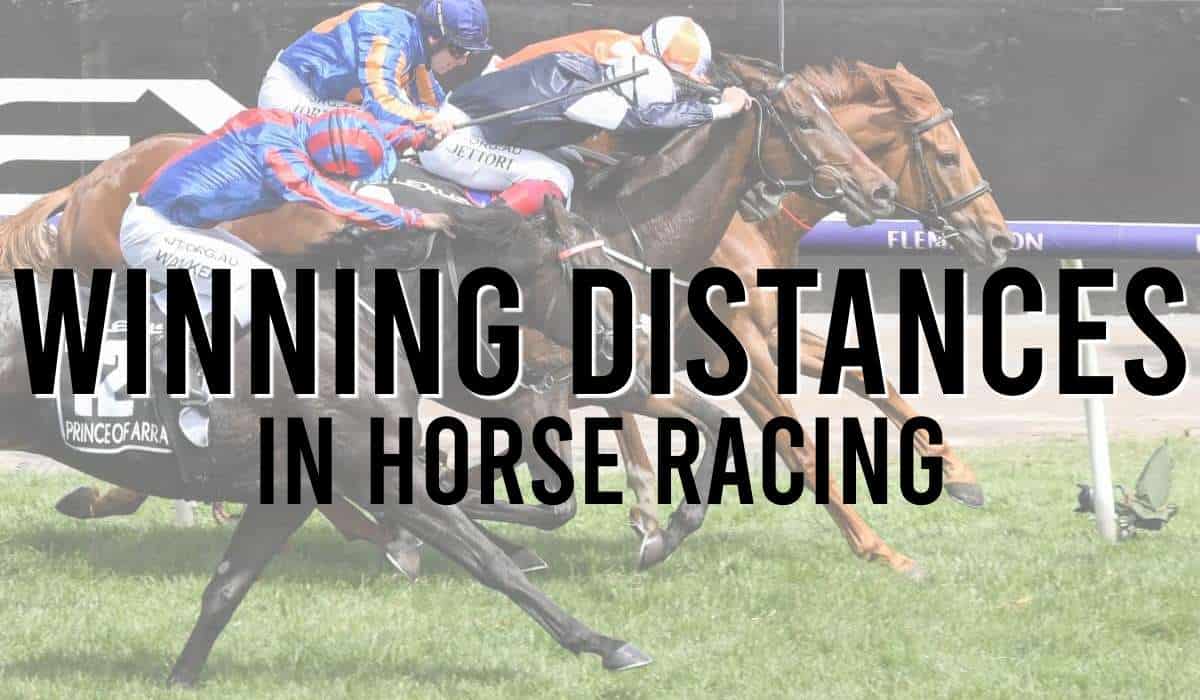In the horse racing betting industry there are so many betting terms flying around and this handy jargon-buster can help you understand some of the common horse racing terms.
From slang words to common betting terms used by commentators, this handy jargon-buster guide can assist you to understand the meanings as you will hear horse racing jargon, sayings, quotes and slang you might not understand.
Punters like to use plenty of confusing words when attending the racecourses so our jargon-buster betting terms guide will make you sound like a seasoned professional.
You will be able to join in with the punting talk next time you attend the horse races.
In our horse racing terms guide, we run through all the terminologies and meanings behind popular said horse racing sayings.
A-Z Horse Racing Betting Terms
Here is the full list of horse racing betting terminology UK slang terms used.
Abandoned
The term abandoned is a status of a race or racecourse described as closed, usually as a result of bad weather.
If a race meeting has been abandoned entirely, all bets will be void and stakes will be returned to punters and fully refunded.
Accumulator
Horse racing accumulator betting is a lower-risk, increased winning bet that consists of four or more selections on to a single bet. There are a variety of accumulator bets to choose from so that you can predict a range of winners and potentially gain a huge sum of money!
An accumulator bet involves more than one horse racing selection with the winnings from each selection going on to the next pick.
All selections must be successful to get a return.
Check out our guide for more information about accumulator bets.
Age
The age of a racehorse.
A racehorse does not have a specific birthday as all horses are grouped together in age depending on what year they were born.
This means each horse, regardless of the day or month of the year they were born, is given a 1 January birthday.
Allowance
Allowance rates in horse racing are when weights are subtracted from the horse due to disadvantages, such as the age of the horse, the sex of the horse, the number of races won, and the experience of the jockey. There are starter allowance rates that depend on how long a horse has raced for.
A horse carrying an inexperienced rider is given a weight concession to even its chances.
The younger jockeys, or certainly the less experienced jockeys, may be given an allowance.
All Out
In horse racing, All Out is the terminology meaning that a horse is trying to the best of its ability. This terminology is used frequently in horse racing and betting commonly used to compare the horses together.
A horse or contestant trying their best.
All-Weather
All-weather horse racing tracks are synthetic turf (or Polytrack) that makes the track available to race on in all conditions. All-weather championships have over 200 fixtures that attempt to encourage owners and trainers to train all year long.
All-weather is the term used for artificial surface tracks, which can be raced on in all weather conditions.
Ante-post
Ante-post bets are placed prior to the actual race with a high reward as there are chances your horse may not race so you will lose your stake! Whether the ante-post bet is 24 hours or 48 hours before, it is an incredibly popular bet type as the rewards are brilliant!
Ante-post betting is placing a bet on a horse race well in advance of the day of the horse racing events.
As the ante post bets are when you place a bet on a horse to win a race in advance of the actual race taking place, you do need to check the Ante-post rules from the online bookmarkers as some do not offer money-back for non-runners.
Check out the comprehensive article on ante-post betting information.
Back
Back betting is when you select a horse to back by placing a bet of a certain amount of money after the bookmakers put the odds for the various horses out. Back betting is the most common type of better with a bookmaker.
Back betting is where you bet on a horse as the bookmakers publish the odds for different horses.
Punters back one horse by betting to win (or each way).
Backing a horse is the opposite of a lay bet and the more traditional bet type.
Backward
A horse might be called ‘backward’ and it means the racehorse is not fit or fully developed.
It means they are likely to improve their fitness for having run in a race.
Being backwards means the racehorse appears from paddock inspection to be likely to “come on for the run”.
Banker
A banker, in horse racing terms, is the horse that is backed that is the most likely to win. The banker will be the horse that produces the highest strike rate and can have a short price, however, this can not always be certain.
The banker is the selection that is supposedly a certain bet.
A banker bet is the most likely to win.
Some horse racing punters also call the banker selection their NAP.
Bar
The Bar in horse racing is the lowest odds for the horses that haven’t been quoted for. Bar bets are normally given to shorten the list of names for an event. For very large races with numerous runners, the bar price highlights will show on screen to shorten the list.
Bar refers to the odds beyond which horses are not quoted.
33-1 bar means those racehorses not quoted are 33-1 or bigger.
The lowest odds of horses not mentioned in the betting forecast have not been quoted individually due to their price being further out than the bar odds on show.
Best Odds Guaranteed
In horse racing, if you are with a bookmaker offering, you will be paid out at the best odds. You will simply place your bet and take the best odds! If your starting price is bigger than the odds, you will get even better odds!
The Best Odds Guaranteed (BOG) is a special offer from betting sites and applies when the bookmaker agrees to settle your bet at the starting price (SP) if it is greater than the price you took when placing the bet.
If you back a horse at 4/1 but by the time the race is off that horse is now 7/1 if the horse wins the race then you receive the increased 7/1 price as a special BOG offer.
Some of the most popular bookies online
Check out some of the top-rated bookmakers offering best odds guaranteed special offers online.
Bet Slip
The bet slip in horse racing is the ticket that will present all the information needed to you. Whether you are looking for markets, odds, or stakes… they will all appear on your bet slip. You will be able to see your betting slip after you have placed your horse racing bet!
The form or slip where you write your bets or if online the box in which your bet selections appear. Here you select your bet type and stake.
Betting Calculator
Betting calculators are used for working out your potential winnings. You can work out your winnings for any bet, such as single bets all the way to big complex bets and accumulators. Using a betting calculator can make you know your potential winnings so much easier.
A betting calculator enables you to check your potential winnings on horse racing bets.
The betting calculators just need you to input your bet information such as the odds, stake, and bet type.
The free bet calculator will work out any returns you have won and calculate profits.
Betting exchange
A betting exchange is a website that will allow you to bet against other people instead of a bookmaker. The betting exchange acts as a marketplace where other people who are also betting can take the bet that you have put down.
The most common betting exchange is Betfair for the ability to back or lay horses on a race.
A betting exchange website is where you are betting against other people, rather than against the bookmaker.
Betting odds
The odds in betting are simply the maths of horse racing. They will appear in number forms, such as ‘5/2‘, so for every 2 units that you stake, you will receive 5 units if you win! There are certain odds that are great, and some not so much.
Betting odds are the numerical value devised by bookmakers.
Betting odds are known as the price of the horse.
The betting odds are generally fractional, but in the US they use decimal betting odds.
If a punter does not want to take a price on the selection he can wager and ask to take the SP, which stands for starting price.
Betting online
Betting online in horse racing is when you place your bets online, instead of going physically to the racecourse or to a betting shop. Betting online can be the best option to choose if you are unable to get out and vote in person- this way you can earn from home!
Betting online has grown as internet connections on mobile phones have become more easily accessible.
With amazing betting apps, horse racing punters no longer need to go to the racecourse or to the high street bookies to place a bet.
Horse racing betting online offers great enhanced odds and special offers when wagering bets through the biggest betting brands websites.
Betting Ring
The betting ring is the physical place where the bookmakers will work. The bookmakers will give you a ticket at the betting ring that has all the details of your bet, known as the bet slip.
The betting ring is part of the paved area in front of the Grand Stand, which is where the bookmakers operate.
Another term used for the betting ring is referred to as the Jungle.
Betting tips
Betting tips in horse racing can often be provided by a ‘Tipster’, a tipster will provide information, such as the outcome of the event and tips and recommendations. A tipping service helps to sell insights and picks to clients.
Horse racing betting tips is a recommendation of who will win a race.
The tipster is highlighting selections they feel have a better chance of winning than what the odds suggest.
Tipsters will often describe their best horse racing tip as a NAP which is their best bet of the day.
Betting Without (W/O)
Betting without means placing a bet on a horse to win without including the favourite in the results. When you back a horse that comes behind the favourite horse, you will have won the bet!
Placing a bet excluding a certain selection, usually the favourites.
Betting without the favourite is common when there is an odds on fave.
Bit
A bar (usually made of stainless steel) that sits in the horse’s mouth and is attached to the bridle.
The bit is an item of a horse’s tack and includes the shanks, rings, cheek pads and mullen.
The bit usually refers to the mullen which is the piece that fits inside the horse’s mouth.
Black type
Black type is referred to the printing in bold type within the pedigree charts of sales catalogues for thoroughbred horses.
Racehorses receive black type when they win or are placed in group races or listed races.
If a horse receives black-type status by running well in high-graded races the value of the thoroughbred horse is worth much more value as improves the pedigree and breeding in the sales catalogue.
Blinkers
A type of headgear fitted to a horse that limits its field of vision, mainly from each side. Blinkers are designed to help horses concentrate in races.
Bloodstock
A term used to describe the part of the racing industry which deals with racehorse breeding, be it at the sales, stud farms or elsewhere.
Board Prices
In horse racing, board prices are the odds that are listed on the bookmaker’s boards. Betters can make their choices early on, however, you will not be able to the board prices are released. The prices are fixed odds.
The board prices are the available odds displayed on the boards of the on-course bookmakers.
The Starting Price is derived from the board prices.
Boxwalking
Box-walking is the name given to describe characteristic, repetitive pacing movements that a horse may make around its stable.
A horse who constantly walks around the stable in which he or she is housed is known at the bloodstock sales as a box walker.
Check out our full guide to racehorses box who box walk.
Boxed in
When a horse cannot obtain a clear run during a race due to other horses being in close proximiity.
Breeze-up
A sale in which unraced two-year-olds are ridden, galloped or ‘breezed’ along the racecourse. Most of the horses have been purchased as yearlings, and are then broken in and ridden in preparation for them galloping at the sale.
Bridle
A piece of tack that fits over a horse’s head and to which the bit and reins are attached.
Broodmare
A mare (female horse) at stud who is kept with the aim of producing a foal.
Brought down
Used to describe a horse who falls because of another horse, rather than falling independently.
Bumper
Also known as a National Hunt Flat race, and usually run over two miles without any obstacles. Commonly used as a way to give horses race experience before tackling hurdles and fences.
Canadian
A Canadian in horse racing is 26 bets that involve 5 different types of events. If you have five selections in various events, this bet is the one for you as it can give you some money in return if 2, 3, or 4 picks win!
A Canadian bet consists of 26 bets involving 5 selections in different horse racing events.
The Canadian bet includes 10 doubles, 10 trebles, 5 four-folds plus an accumulator.
A minimum of two must win to guarantee a return when placing a Canadian bet.
Check out our calculator to work out Canadian bet winnings.
Cash out
A cash out feature allows you to settle your bet before the event has ended. You will still get some winnings from your bet which could be higher or lower than your expectations. The highest winnings may be lower than normally collecting the winnings.
The cash out feature is the figure a bookmaker has offered to payout before an event has finished.
Taking a payout offered by your bookmaker before the completion of a bet is known as cashing out.
Many punters want to know the cash out total if they have had a few winners before the last selection runs.
Find out more on our list of best cash out bookmakers online in April 2024.
Chase
A race run over fences.
Cheekpieces
A form of headgear which consists of pieces of sheepskin placed on either side of the bridle and performs a similar job as blinkers in helping the horse to concentrate.
Claimer
A jockey who takes weight off a horse to compensate for their relative inexperience as a rider. Their claim is reduced the more winners they have.
Classic
Grade 1 contests confined to three-year-olds only in Britain. There are five Classics in Britain: 2,000 Guineas, 1,000 Guineas, Oaks, Derby, St Leger.
Clerk of the course
The person responsible for the overall management of a racecourse on a raceday.
Colt
An uncastrated male horse aged four years old or younger. A colt older than four is referred to as an entire or horse (if still racing) or stallion (if at stud).
Connections
A term often used in place of a horse’s owners and trainer.
Co favourite
A Co-favourite, in horse racing, is a horse that leads the market with one or more horses. Co favourite horses can also be known as a ‘Jolly’, ‘Chalk’, or ‘Sponk.
A co-favourite is a horse race is a horse offered at the shortest odds by the bookmakers and shared favouritism with other horses.
A horse who leads the market with one or more horses is also referred to as joint-favourites in the betting market.
Course Specialist
A course specialist is a horse that has proven at a track in previous races, meaning the horse will have run well over a particular course and distance.
A horse, contestant or selection that is known to perform well at a particular track.
Dam
Mother of a horse.
Dead-heat
When the raceday judge cannot split two or more horses at the finishing-line, the prize is split between the horses and a dead-heat is called.
Declared
A formal notification from a trainer that notifies the racing authorities they intend to run a horse in a certain race. Horses are commonly declared at either the 24-hour or 48-hour stage prior to a race.
Dividend
The term ‘Dividend’ is normally referred to in horse betting when the amount is returned on a winning tote bet. This can be declared in the decimal odds and your own stake is included in the return.
A dividend is often associated with Tote betting pools.
A Dividend in betting terms is the amount returned on a winning Tote bet.
The Tote dividend is declared in decimal odds and your stake is included in the return.
These types of bets pay dividends on the Tote pools:
- Tote Placepot Bet Type
- Tote Quadpot Bet Type
- Tote Scoop 6 Bets
- Tote Jackpot Bets
- Tote Trifecta Bet
- Tote Exacta Bet Type
Draw
A term in Flat racing denoting a horse’s position in the starting stalls.
Drifter
A drifter is a horse that is continuously going in and out of the betting, known as a drifter as the horses odds are drifting around so much. For example, the odds could be 5/1 and gradually change to 8/2.
A drifter is a horse that is going out in the betting market.
A horse finds its price getting bigger prior to the race beginning.
Common referred to as “drifting out” in the betting odds.
Duel forecast
Duel Forecast, also known as a reverse forecast, is a bet that is aimed to predict the winner, as well as the runner up in any order. Bookmakers will offer duel forecast (reverse forecast) betting at any horse racing event.
A reverse forecast (or dual forecast) is a bet where the aim is to predict the winner and runner-up in either order.
Dutch
Dutch, in horse racing, means to back two or more horses in a race to increase your chances of finding a winner usually at a shorter rate on odds. Dutch is an incredibly popular betting technique that ends in profiting from multiple outcomes.
Backing two or more horses in a race, increasing your chances of finding a winner but essentially at shorter odds.
Each way
Each way is a bet that settles differently, depending on whether the horse only places or if it wins! Half the total stake will be selected for a win and the other half of the total stake will be for when a horse places.
A bet where half the total stake is for the selection to win and half is for the selection to be placed. The bet will be settled differently depending on whether the horse wins or places.
Edge
In horse racing and betting, the edge is the ability to find bets that have a larger probability of happening than the odds that you might receive, It is not always very easy to find an edge as it is the best way at becoming succesful.
A punters advantage in a bet.
Evens
When a horse you have bet on is quoted as ‘evens’, it will typically mean that you will win a sum of money that is equal to your bet if the horse wins. You will get the money you have bet on in return for the win.
A price of 1-1. Your stake brings equal winnings: e.g. £10 staked at evens wins £10 (total return £20).
Favourite
The ‘favourite’ horse in the race will be offered at the shortest odds by the bookmakers. The favourite horse in the race will often get the nickname of ‘jolly’- being derived from the phrase ‘Jolly old favourite’.
The shortest-priced horse in the race, the market leader.
Fences
The type of obstacle jumped during chase races. There are different types of fence, including an open-ditch, the water jump and a plain fence.
Filly
A female horse aged four or younger.
Foal
A horse aged younger than one.
Fold
In an accumulator, a fold will represent a number contained in a selection. Occasionally, bookmakers will use the term ‘leg’ instead of fold. Some bookmakers will go as high as 20 folds that will then get folded together after you have placed your bet and inserted your stake.
A fold represents the number of selections in an accumulator, a four-fold consists of 1 bet with 4 legs that all must win for a return.
Forecast
A forecast bet is a horse racing betting term used to describe the process of picking two selections in the same event and placing them in the order you think will place first or second. A straight forecast bet is getting incredibly popular in the UK horse racing events.
A bet where the aim is to predict both the winner and runner-up in a race. A straight forecast is the winner and runner-up in the correct order.
Form
A horse’s race record which is denoted by figures next to its name in a racecard. The form may also include some letters, for example F denoting a fall.
Furlong
A furlong is a length equal to 220 yards or an eighth of a mile.
Horse racing commentators regularly say “they are entering the final furlong”.
The furlong was a standard unit of measuring length back when horse racing first became a formalized sport in 16th-century England.
Gallop
A training strip used to exercise horses. Trainers have access to either their own private gallops or public gallops.
Gelding
A horse who has been castrated, often to improve its temperament.
Going
The underfoot conditions at the racecourse.
GoingStick
The GoingStick is a device that Clerks of the Course use to give an objective numerical reading that will reflect the state of the going at any given racecourse.
A GoingStick measures the underfoot conditions at the racecourse.
Goliath
A goliath bet is a very popular bet that allows for a huge range of bets to be made in one wager! Goliath bets have a huge number of 247 bets with 8 selections, therefore, is it important that you are experienced and understand the sport so you don’t lose out!
A bet consisting of 247 bets involving 8 selections. The bet includes 28 doubles, 56 trebles, 70 four-folds, 56 five-folds, 28 six-folds, 8 seven-folds and an accumulator. A minimum of 2 of your selections must be successful to get a return.
Graded race
The highest quality of race. Grade or Group 1 races are the highest quality, with Grade 2 and Grade 3 races a slightly lower quality.
Hacked up
A phrase used to describe a horse who has won comfortably.
Handicap
A type of race in which horses carry different weights depending on their overall rating, which is determined by the handicapper.
Handicapper
An official who assesses how horses should be rated, based on their previous performances.
Head-to-Head Betting
The phrase head to head betting is known as two-way betting.
The head-to-head refers to backing or laying one of two outcomes on an outright market.
Hedging
In horse racing, hedging is a strategy that consists of a bettor placing another bet that goes against their original as they are unsure of the outcome they may receive in the first place. Hedging is a risk-reducing strategy, but it can make your winnings lower.
This involves placing a bet on opposing outcome to the punters original selected outcome in order to guarantee winnings of cut losses.
Heinz
Heinz betting is a bet that is more commonly used by experienced bettors, which consists of 57 bets with the chance to make a return if at least 2 of your win. Having a higher total stake than other forms of bet, there will be a lot of wagers being made.
A bet consisting of 57 bets involving 6 selections in different events. The bet includes 15 doubles, 20 trebles, 15 four-folds, 6 five-folds and an accumulator. A minimum of two of your selections must be successful to get a return.
Hood
Another type of headgear fitted over the horse’s head to cover its ears and muffle the noise of a raceday.
Horses for Courses
The meaning of horses for courses is different people are suited to different things.
Here are different explanations for the meaning of horses for courses:
- Horses for courses means that what is suitable for one person or situation might be unsuitable for another
- Horses for courses’ meaning is fitting in one case may not be fitting in another
- A mostly British expression urging someone to stick to the thing he knows best
- The idiomatic expression “horses for courses” is choosing the person ideally suited for a particular job on hand
- People use horses for courses to mean that people and things have different qualities and skills and so are suitable in different situations
It is mainly a British horse racing term that Certain horses run better on certain courses.
Here at British Racecourses, we provide guides on all race courses UK and Irish race courses.
Hurdles
The obstacles jumped during a hurdle race. They are smaller than fences and therefore take less jumping. Sometimes referred to as flights.
In the frame
In horse racing betting terms, the term ‘In the frame’ means that the particular horse has finished in the places. When a horse is ‘framed-up’ the horse is travelling in a pre-determined outline, this depends on the jockeys rein action.
Another term for a horse who has finished in the places.
In-running
The term, ‘In-running’ in horse racing can mean anything that happens while the horse racing is occurring. In-running can mean that there has been a bet placed during the race or even just a comment said. An in-running bet can have a higher chance of winning!
A bet placed during the race, as opposed to before the race begins.
Joint favourite
The term, ‘joint favourite’ means that there are two different horses that have the shortest odds in the bet, proving that they are the joint favourite to win the race and give many people some winnings! This term is commonly used.
If two horses have the shortest odds in the betting, they are described as joint-favourites.
Jolly
A ‘Jolly’ is a horse that has the shortest odds in the bet, meaning they are the favourite to win! The favourite horse in the race will be commonly called the ‘Jolly’ due to the famous phrase ‘The jolly old favourite’.
A different term for the favourite in the market.
Juvenile
A ‘juvenile’ in horse racing is a term used for horses that are either two years old in Flat races, or three years old in the National Hunt.
Lay
In horse betting, the ‘Lay’ is the complete opposite of backing a horse. The ‘lay’ is the least favourite or least jolly in the race. This horse will typically be thought to not win or even place in the frame.
A bet on a horse not to win (or not to place). The opposite of backing a horse.
Length
A length is a winning margin a horse has won by as he passes the finishing line.
The measurement would be about 8 to 9 feet or can be measured by elapsed time as the horses cross the line and can vary on the size of the horse and its stride pattern.
Listed race
A race type one step below Grade 3/Group 3 contests.
Longshot
If a horse goes off at anything over 15/1 odds, this horse would be considered a longshot. Longshots are horses that will typically be thought to have little chance of winning, however, this makes the odds very high, so the winnings are large (making this bet popular).
A horse who appears to be unfancied in the market (20-1 shot etc).
Lucky 15
Lucky 15 bets are commonly used by horse racing bettors as they only need one selection to win to get a return! The lucky 15 bet covers doubles, trebles and four-folds! If you have faith in each of your four selections winning, Lucky 15 is the bet to do!
A bet consisting of 15 bets involving 4 selections in different events. The bet includes 4 singles, 6 doubles, 4 trebles, and 1 fourfold. Only one selection must win for a guaranteed return.
Maiden
A horse who has yet to win a race.
Mare
A female horse aged five or older.
Market Mover
A ‘market mover’ in horse racing batting terms will mean that a particular horse has had a complete price shift from when the market formed. If a horse is backed, the price will shorten considerably. Market Movers can be fairly profitable.
A market mover is a selection that changes in price significantly in either direction, by increasing in odds (drifting) or decreasing in odds (shortening). It can sometimes be profitable to follow horses that shorten up before the off.
A selection that changes in price significantly either way, by increasing in odds (drifting) or decreasing in odds (steaming).
Match betting
Match betting in horse racing is an incredibly popular method of making money that has multiple outcomes, this can be from in-play betting or finding differences in the bookmaker odds. As this method is a guaranteed return, it is so popular!
A technique employed by many by using fixed odds on the exchange market. The technique covers multiple outcomes either through in-play betting or by finding differences in bookmaker odds. By covering multiple outcomes say by backing Team X to win and when/if they go up, by laying Team X to win, returns are guaranteed whatever the result.
Monkey
In horse racing, money has various slang used for betting- Monkey is slang for £500. This is a UK punter phrase, originating from British soldiers stationed in India as the 500 rupee note has a monkey on it! It is similar to Cockney rhyming slang.
Slang for £500.
Multiple
A ‘Multiple’ in horse race betting will typically mean a multiple bet that a single stake is placed in two or more selections. The returns from the first selection will be staked on the 2nd selection.
A bet that consists of multiple horses. This is a broad term that could refer to a simple accumulator or more complex bets like a Lucky 31.
Nap
A ‘NAP’ will mean that the bettors horse is a good horse for a payout. The NAP may not always be the Jolly of the race, however a tipster will use their own knowledge to decide. If you were to place your bet on the NAP because a tipster has, you should view their experience.
The best bet of the day for a tipster.
National Hunt
Known as jumps racing. One of two racing codes, the other being Flat. National Hunt racing is best known in Britain and Ireland.
Neck
A measurement used to describe a winning margin in a close finish. A short head is the smallest winning margin.
Non-runner
A horse withdrawn from a race for which it had been declared.
Noseband
A strap that goes over a horse’s nose to secure the birdle. They can help prevent the horse from getting its tongue over the bit which can obstruct its breathing.
Novice
A race for horses who are in their first season in that code of racing. Can have age specific conditions, particularly on the Flat.
Nursery
A handicap race for two-year-old horses.
Objection
An ‘Objection’ in a horse race will mean that a jockey or contestant will send an appeal just after the race, implying a petition or violation of rules by any others in the race has influenced the outcome of the race. An Objection will usually lead to an investigation.
The contestant or owner objection to the conduct or result during a race or event, often followed by an investigation/enquiry.
Odds
The odds in horse betting is the return you can receive and expect if the horse you bet on is successful in the race. The odds will reflect the amount of money bet on a horse. When a horse has had lots of money invested, the odds will be shorter.
The chance offered for a selection to win. Also known as price.
Odds compiler
An Odds-compiler will be employed by the bookmaker or betting exchange who will set the odds for the event so that customers can place their bets. They will monitor customer accounts as well as the profitability of their own operation.
A person who sets the odds offered by a bookmaker for any given race.
Odds-against
Odds-against is the term used to describe any betting market selection that is priced higher than evens. Odds-against prices usually are the bets that have the best return.
A price that is bigger than evens. Betting odds where the potential winnings are higher than the stake.
Odds-on
Odds-on is the opposite of Odds-against. This describes any betting market selection that is priced shorter than evens. Usually when odds-on is called, the horse is a hot favourite!
A price that is shorter than evens. Betting odds where the stake is higher than the potential winnings if the bet is successful.
Off the Bit
The terminology ‘Off the bit’ in horse betting will refer to a horse when a race caller announces that a horse is not on the part of the field before the home straight. Off the bit is a term used when people are worried as the horse will be galloping freely.
Term used when a horse needs urging on.
Official Ratings
In horse racing, a horse will earn its ‘Official ratings’ when it has won a race or at least placed on three different occasions. The official ratings will be based off of the official handicapper’s opinions.
Official Ratings (OR) are one of the numerous statistics added to a race card.
The BHA have a rating system in place for Flat and National Hunt races, which evaluates a horse based on its past performances.
The official rating of each horse is shown in racecards as OR, while the weight is also clearly visible.
Official Result
The official result will be when the bets are settled at the time of or after the ‘weigh in’. If the horses finish at the same position the official result will need to come into place to determine which horse won exactly.
The result on which bets are settled.
On the Bit
The terminology of ‘On the bit’, in horse racing and betting, is typically used to describe the horse’s posture due to the reins and bridle. The horse should be on the bit as it helps the horse to carry itself and gives the rider control.
A horse that performs without encouragement from the jockey.
On the nose
When the term ‘On the nose’ is used in horse racing, it will mean that the horse has won by around a couple of millimetres. To win by a nose, the run will have to have been very, very close at the finish line.
Turn of phrase used to describe a narrow winning margin, often photo-finish winner. May or may not have actually won by a nose.
One Paced
The pace of a horse in racing determines how quickly or slowly a horse is running. When a horse is one-paced, the horse will simply only stay at one tempo when the speed of the race quickens, consequently leading to a loss.
A selection that runs or competes at one pace and cannot produce extra.
Open ditch
A fence with a ditch on the take-off side, forcing the horse to make a longer jump than at a plain fence.
Outlay
Outlay is the punter’s cost for bets.
The total outlay for a £1 win lucky 15 bet is £15 and the outlay is the total sum of the bet wagered.
If sports bettors win a lot of money on a favourite, the horse racing fans would say “he must of outlaid a lot of cash in bets to win big”.
Outsider
A horse whose chance of winning is considered unlikely by the market.
Overround
Overround in horse racing terminology is the combined total of priced probability across every outcome on a singular event. This can be a very large influence on horse racing as all the prices are adding up together, making it very popular.
The practice of factoring in a profit margin on the prices offered by a bookmaker.
Pacemaker
A horse who races with the aim of ensuring the even tempo of race, thus helping a stablemate who would benefit.
Paddock
The area of a racecourse where horses are paraded before each race. Often referred to as the parade ring.
Parade ring
The area of a racecourse where horses are paraded before each race. Also referred to as the paddock.
Patent
A ‘Patent’ in horse betting is a compromisation of seven bets over 3 different selections, making it a multi method bet. This type of betting manages to cover a variety of potential outcomes and brings a return for even just one singular successful bet!
A bet consisting of 7 bets involving 3 selections. Including a single on each selection, plus 3 doubles and 1 treble. Just one successful selection guarantees a return.
Permutations
Permutations, in horse racing betting terms, means the placing of multiple bets within one overall bet (commonly known as a combination bet). You would place a series of wagers to cover various selections leading to you gaining a return either way.
Also known as combination bets. A permutation bet is a wager that involves a number of selections.
Photo finish
A close race finish, requiring the raceday judge to consult a photo before declaring the winner or a dead-heat. A photo can also help determine the placings behind the winner.
Place
A ‘Place’ bet is the style of bet that makes you choose a horse to finish in the placings. Your winnings in a Place bet will be based on where your horse does actually finish. If your horse finishes in 1st or 2nd you will get a payout, however, this is smaller than a win bet.
Backing a horse to finish in the places. The number of places depend on the number of runners, with two places available for a five to seven runner race, three places for eight to 15 runners, and four places for handicaps with 16 runners or more. Extra place terms are often offered by bookmakers.
Pony
The betting terminology of ‘Pony’ will typically mean slang for £25. This term originates from British soldiers that were stationed in India, where there was a pony pictured on the 25 rupee note.
A slang term betting term for the cash sum of £25.
Price
‘Price’ in horse betting terms means the same as ‘Odds’ which is the chance of the horse given by the market to win the race. The price can be higher or shorter depending on how likely the horse is to be a favourite.
Often referred to as odds. The chance a horse has been given by the market to win the race.
Pulled up
Being pulled up is when a horse is brought to a halt during a race by its jockey.
Pulling up a horse happens when the horse is down the field or might be injured.
Pulling
A horse who is keen during a race and wants to go faster than its jockey is allowing. Often described as pulling for its head.
Punter
A ‘Punter’ is the term used for a person that will bet money on a horse at an event. Punters can also be known as a gambler or a backer. There are many punters that go to horse racing events to get returns.
UK term for a bettor or someone who places a bet.
Purse
The term “purse” in horse racing means the prize money for a horse race.
The purse is distributed to the racehorse owners and percentages of a race’s total purse are awarded to each of the highest finishers.
The first six horses to finish the race usually get a cut of the purse and the owners distribute the winning prize money with the jockey and trainer.
Pushed out
A term to describe a horse who has gone clear of its rivals in a race after minimal urging from its jockey.
Racecard
A programme giving information about the races scheduled during a race meeting and the horses set to run in them.
Return
A ‘Return’ is known to be the amount of money a punter will gain if the bet they have placed has won. You will also win a return if your horse has placed, however, this will be a fractioned price. A return is simple terms is the payout.
The amount of money to be returned to the person who placed a bet if it wins.
Round Robin
A Round Robin will typically mean a bet that will bring a variety of bets into one. The round-robin bets will consist of single, doubles and trebles so it is a coverage bet that will make you only need one successful win to see some return!
A series of three or more selections in 2-fold accumulators. A round robin means 3 selections in different races, in 3 doubles, 1 treble and 6 single stakes about bets.
Rule 4
Rule 4 is a deduction rule used when there are non-runners in the race after the last declarations have been made. Rule 4 will reduce the winnings after a horse has withdrawn from the race so it is easier for others to place.
One of the most commonly invoked betting rules, dealing with deductions from winning bets in the event of any withdrawn runner(s) from a race. The rule applies to winning bets struck at prices (e.g. morning prices) laid before a withdrawal (other than ante-post bets, which are unaffected by Rule 4 (c) and to starting-price bets where, after a late withdrawal, there is insufficient time to re-form the market. The rate of deductions is in proportion to the odds of the non-runner(s) at the time of the withdrawal.
Schooling
A term to describe a horse being trained and getting practice over obstacles.
Score
‘Score’ is a horse racing and betting slang term used by Punters as well as anyone else involved in horse betting. The score is known to be £20. This will be used mainly when punters gain a return from their winnings.
A slang term for £20.
Silks
An owner’s colours.
Sire
Father of a horse.
Sprinter
A horse who competes in races run over a short distance, usually over six furlongs or less.
SP
The ‘SP’ stands for ‘Starting Price’ which will mean the odds of a horse in the on-course odds as when the race is beginning. Bookmakers will give an offer of either placing a bet at the starting price (SP) or a fixed price.
Starting Price. The starting prices are the final odds prevailing at the time the race starts and are used to determine the payout to winning punters, unless a punter took a specified price at the time of placing the bet.
Spread Betting
Spread Betting will give you the chance to bet against the ‘spread’. If you think that the outcome will be higher than the price given, you would buy on the spread. The more correct you are, the more money you can get in return.
Similar to the handicap betting system. If you back a team to cover the spread, so a team will lose by no more than 5 points, or win by more than 6 points.
Check out our list of best spread betting sites where the main bookmakers are Spreadex and Sporting Index.
Stake
The definition of ‘Stake’ in horse racing is the amount of money that you will bet on a horse. The stake race is a prize offered and put up by the owners of the horses entered.
The amount of money you bet on a horse.
Stallion
A male horse used for breeding.
Stalls
The box from which horses begin Flat races.
Starters Rostrum
The horse racing starters’ rostrum is where the starter of the horse race mounts the race starters podium.

The BHA starting procedures are:
- Horses will be girthed up in the girthing up pen
- When all racehorses are girthed up the Starter mounts the horse racing starters rostrum
- The horses will enter the course and must walk around at least twenty-five yards back from the tape
- When the Starter wishes the horses to walk forward he will raise his flag to signify this to the jockeys
- The runners and riders shall walk forward and take up a position ready to start the race
- The starter will drop the flag and the tape will be raised
- The crowd will cheer as the horse race starts
Approaching the horse racing starters’ rostrum is most famous on the first race of the Cheltenham Festival (starts the Cheltenham Roar) and the Grand National where all horses and jockeys are keen to get a great starting position.
Starting price
The ‘Starting Price’ is the available odds on a horse at the beginning of the race. The starting price will be calculated by the officials at the racecourse based on the fixed odds that the bookmakers will decide upon.
The starting price is the horse’s final prevailing odds at the time the race starts.
If you place a bet and don’t take the specified odds at the time, then your winnings will be determined by the horse’s SP or Starting Price.
Staying on
A phrase frequently used by race commentators or in post-race comments referring to a horse who finished strongly during the closing stages.
Steamer
Within horse racing, a ‘Steamer’ is a horse that gets backed a considerably large amount of times with shortened odds. A horse could be overpriced, to begin with, or a favourite- this can make the horse a steamer.
A horse who has shortened in the market considerably.
Stewards Inquiry
The Stewards Inquiry is a review that will take place after the race to make sure that the race was run very fair and there was no rule-breaking or challenging. Usually, Stewards Inquiries are seen when horses have interfered with eachother.
An investigation held by the steward if the rules of racing are deemed to have been contravened can be in response to an objection.
Superfecta
A superfecta is a horse racing bet where you select four horses from a single racing event and predict in which order they will finish.
The superfecta bet is popular in USA and Canada on big events like the Kentucky Derby and sports betting punters must pick the first four finishers of a race in the correct sequence.
Many racing tips try to predict the superfecta and sports bettors tend to try their luck when receiving free bets to try this type of horse racing bet.
Stud
An establishment set up for breeding of horses. Stallions are based at studs and are sent mares to breed with.
Tattersalls
The main auctioneer of racehorses in Britain and Ireland.
Thoroughbred
The breed of horse best known for its use in horseracing.
Ton
A ‘Ton’ is a slang term in horse racing and betting for money. The amount of money known as a ‘Ton’ in horse betting is £100. Punters will often use this terminology when they get a return.
Slang term for £100.
Tongue-tie
A strap or piece of stocking used to tie down a horse’s tongue to prevent the tongue getting over the bit which affects a horse’s breathing.
Tote
A ‘Tote’ is when you bet from a higher quantity of prize money rather than fixed odds. When you use a tote bet, your bet will be placed and your stake will go into a pool of money.
A type of bet frequently placed at a racecourse. You can back horses to win or place, and a dividend is paid out afterwards to winning bets as the bets all go into a pool. The tote also runs other bets such as the placepot and jackpots
Triple Crown
To win the Flat Triple Crown in Britain, a horse must win either the 2,000 or 1,000 Guineas, either the Derby or the Oaks, and the St Leger. There is a staying chasers
Triple Crown for jumps horses consisting of the Betfair Chase, the King George VI Chase and the Gold Cup.
Trixie
‘Trixie’ in horse race betting is a bet that consists of four bets of equal value on 3 different selections in separate events. A Trixie is a multiple bet that increases your return because of the doubles and trebles included in your selections.
A bet consisting of 4 bets involving 3 selections. The bet includes 3 doubles and a treble. A minimum of two selections must be successful to get a return.
Turn of foot
A term to describe marked exceleration during a race.
Under starter’s orders
Before a race, the starter brings the field of horses into order to prepare them for the start of the race.
Undulating
A track that does not have a flat terrain. Cheltenham is often referred to as an undulating track.
Visor
A type of headgear, much the same as blinkers, which limits a horse’s rearward vision to aid concentration. A visor differs from blinkers as it has a small slit in the eye cups.
Void bet
A Void bet is a bet that is cancelled or has just never been placed at all. You can not win money with a void bet and you also can not lose any money. If you place a void bet, your stake will be returned in full to your account.
This is a bet which is declared invalid. The stake is returned without deduction.
Weaving
Weaving is when the horse will walk in the place, alternating steps with his front feet and bobbing his head and neck from side to side.
Weighed In
When ‘weighed in’ is announced through the speakers at a horse race, this means a confirmation of a competing jockey racing at a correct weight. If their mount is disqualified and they will be declared a loser.
The process of weighing a jockey to make sure they are within preassigned weight limits for the horse race.
Whip
An instrument used by jockeys to help keep horses under control and to encourage them.
Windsucking
A stressed horse who bites at anything in reach, whilst sucking in air.
Yankee
A ‘Yankee’ is a bet that has 11 different bets with equal value. This particular bet will bring a return when 2 selections have been successful and won. Yankee bets can be placed on the bet slip.
A bet consisting of 11 bets involving 4 selections in different events. The bet includes 4 doubles, 4 trebles and an accumulator. A minimum of 2 of your selections must be successful to get a return.
Yard
A term that refers to a trainer and their horses. Also referred to as a stable.
Yearling
A young horse between the age of one and two.
Walkover
A ‘Walkover’ in horse racing is when a horse wins the race incredibly easily. When a horse simply has to just walk over the course without much competition- this will be determined as a walkover.
A horse race involving only one horse and jockey.
Popular Questions
Who uses horse racing betting terminology uk?
Horse racing betting terminology is used by experienced punters to those who are just starting out in betting on racehorses.
Bookmakers use horse racing betting terminology such as ‘odds’, ‘stakes’, ‘favourite’, ‘each-way’ and ‘place’ to describe the various types of bets they offer.
How is horse racing betting terminology used in the UK?
Horse racing betting terminology is used to quickly communicate and explain horse racing events.
Many of the terminologies used are slang or abbreviated words to help bookmakers pass on a message.
Horse racing commentators also use the UK betting terminology to during horse race commentary.
Summary of Horse Betting Terms
If you like this article then check out our guide to horse racing terms.
The horse racing betting terminology UK has many slang terms, horse racing metaphors and horse racing cliches.
The horse racing slang UK phrases are comical for punters to use while betting on horse racing.
Hopefully, the horse racing betting terminologies help you to understand “What on earth are these people talking about?”
You know should understand the secret language used on the racetracks and this guide offers you a translation of betting terms you will frequently hear.
Our glossary of horse racing betting terms and horse racing terminology a-z helps people across the board to understand the way punters in England and Britain explain situations.
British horseracing has a lot of betting jargon and Irish Racing fans also seem to use a lot of the betting glossary terms.
Other Horse Racing Guides
- Betting Slips
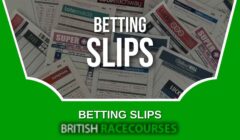
- Do Horses Enjoy Racing?
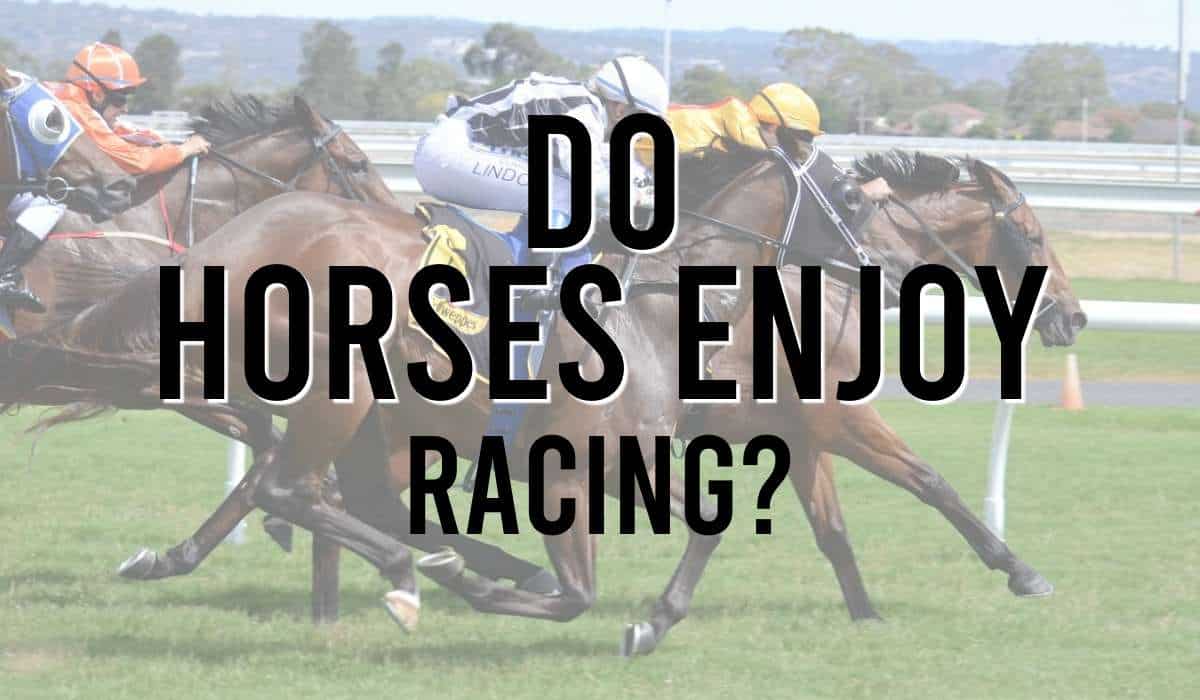
- Dresses For The Races
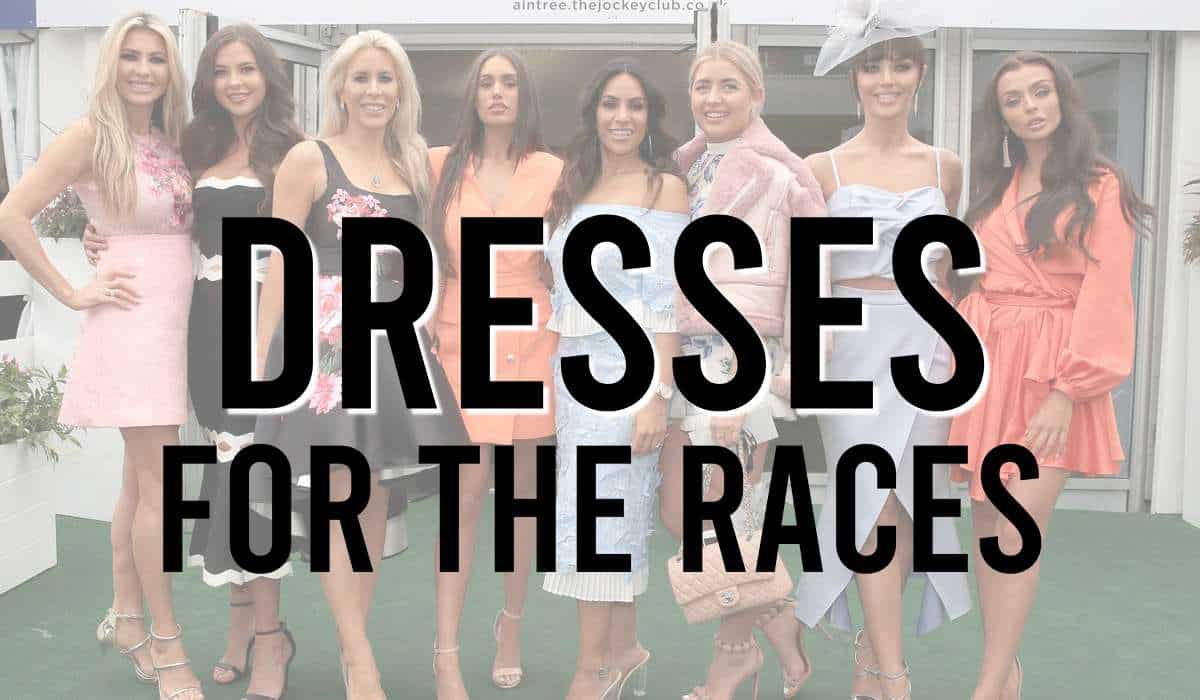
- Each Way Bet
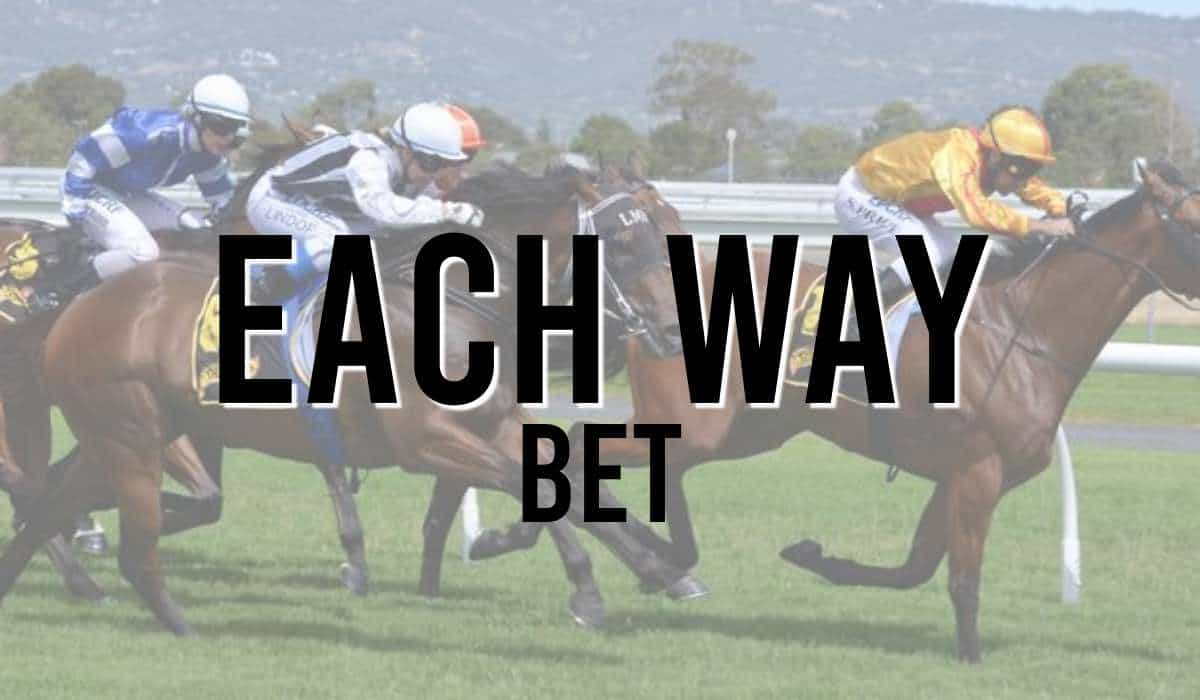
- False Starts in Horse Racing
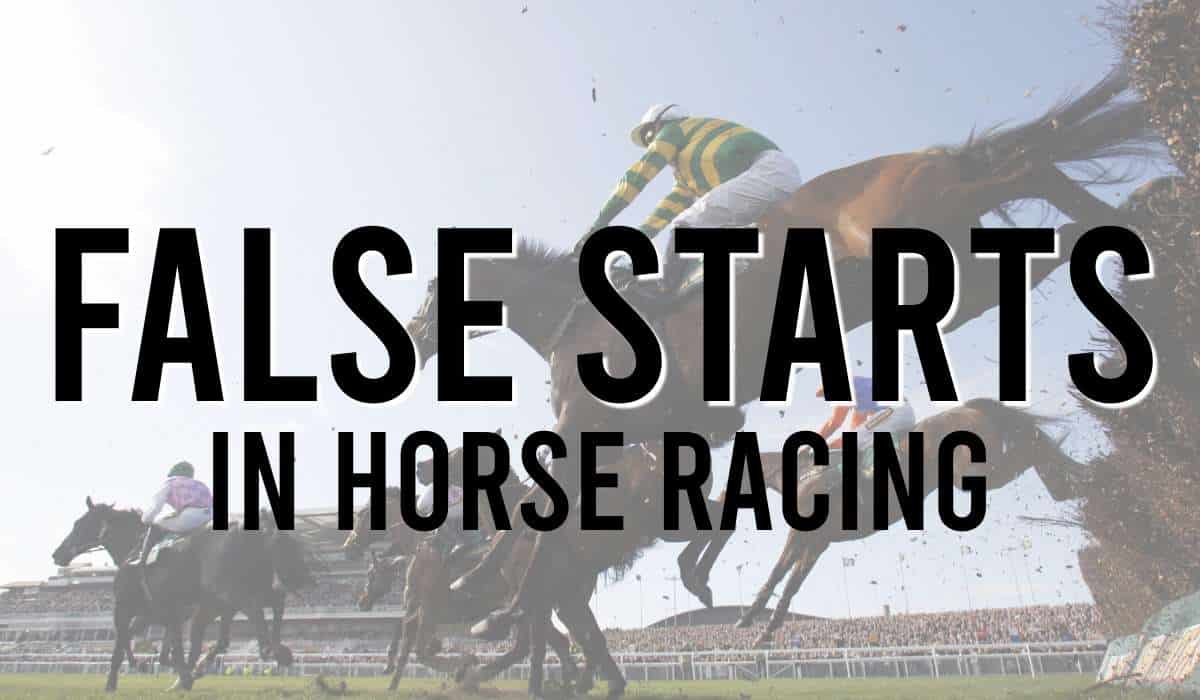
- German Horse Racing
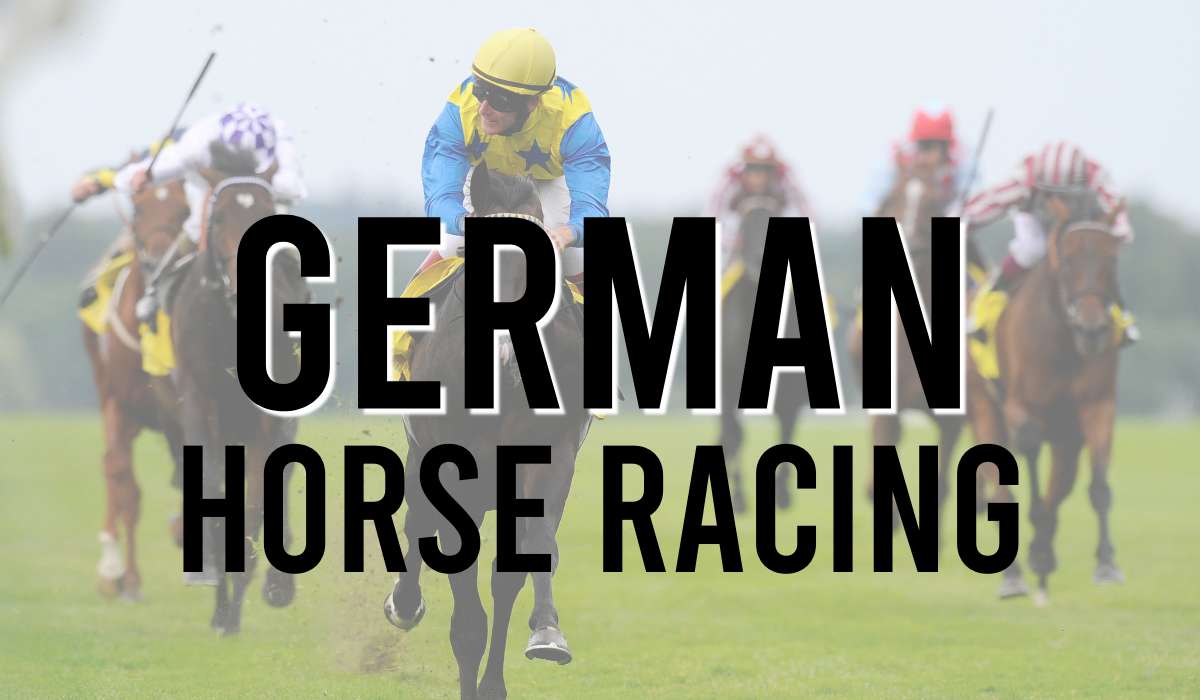
- Horse Racing Betting Terms
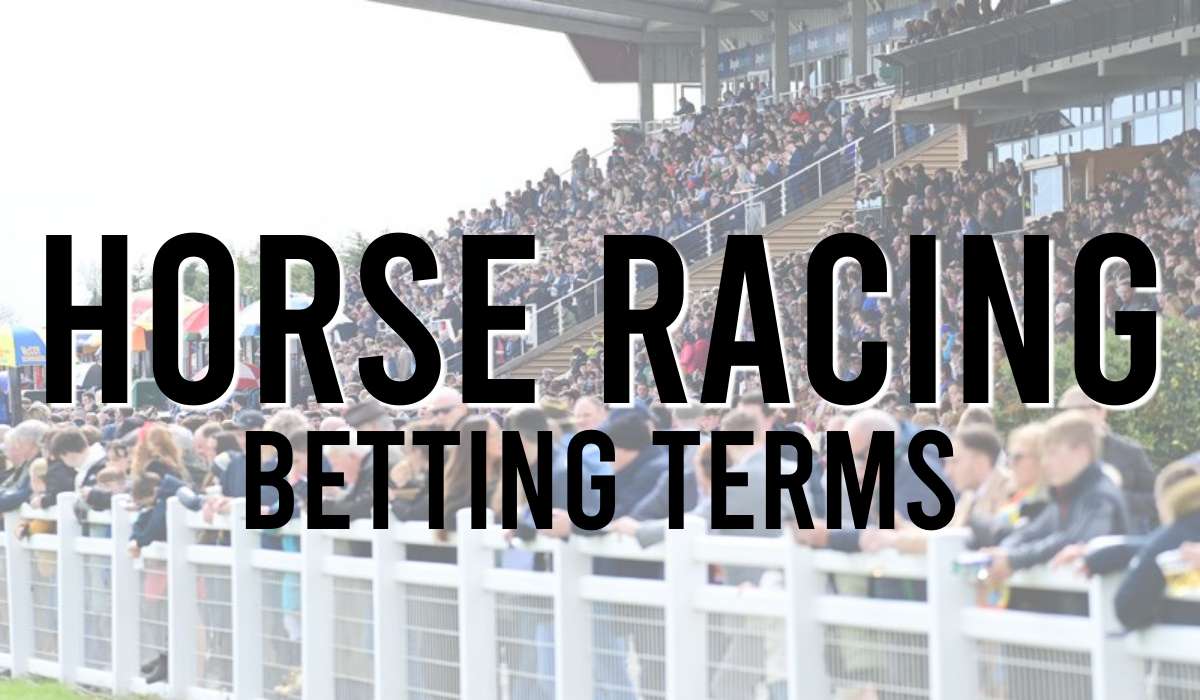
- Horse Racing Hurdles Guide
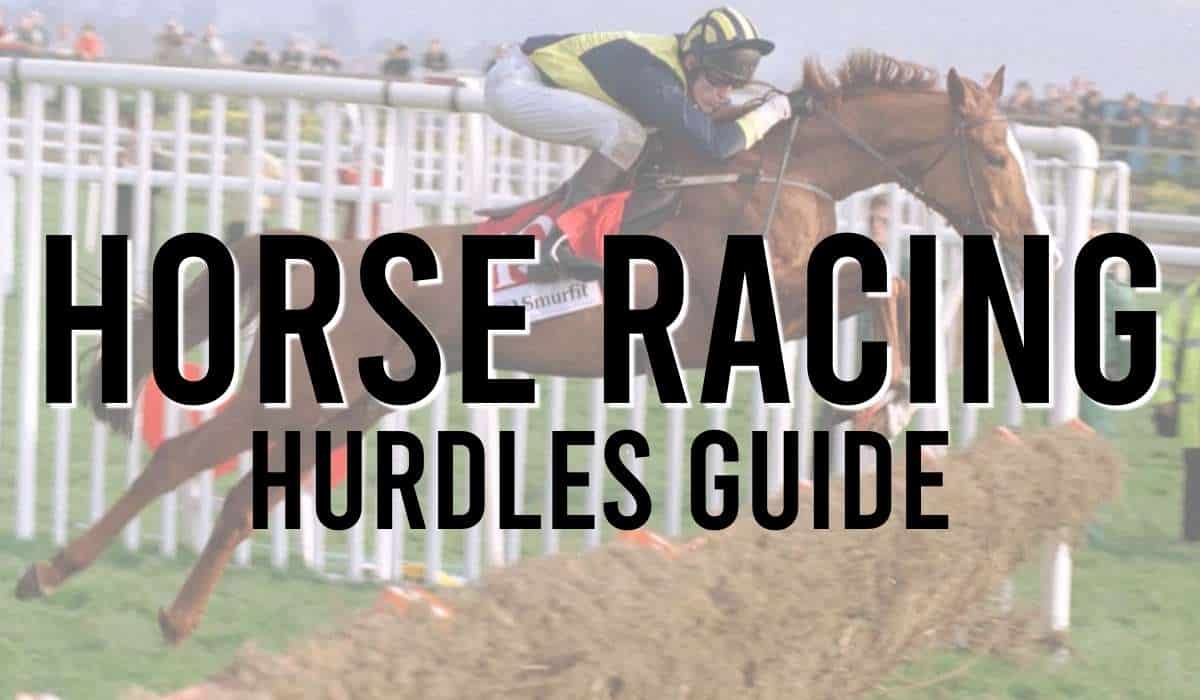
- Horse Racing Memes
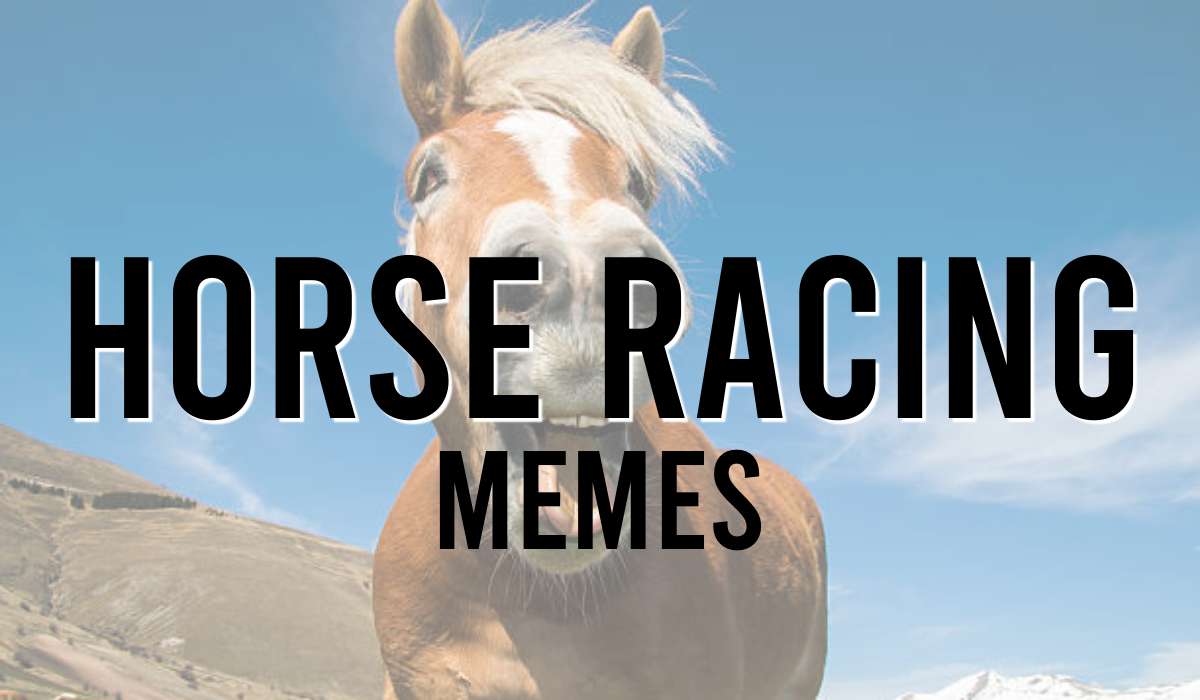
- Horse Racing Questions
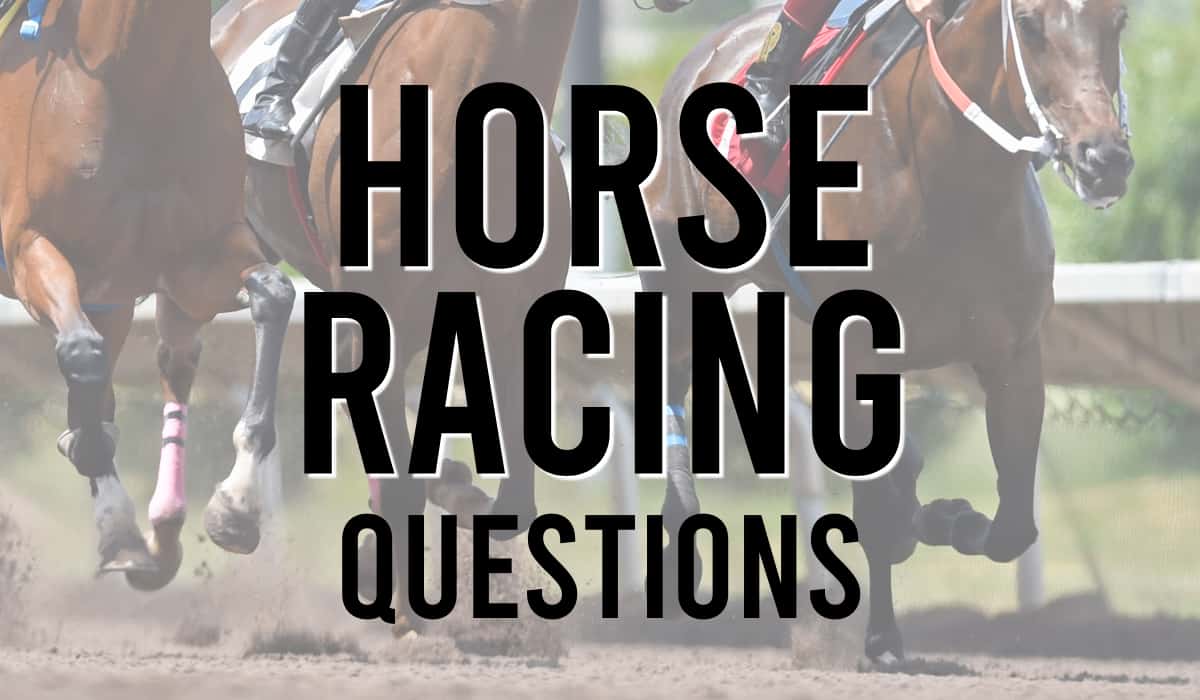
- How Long is a Horse Race?
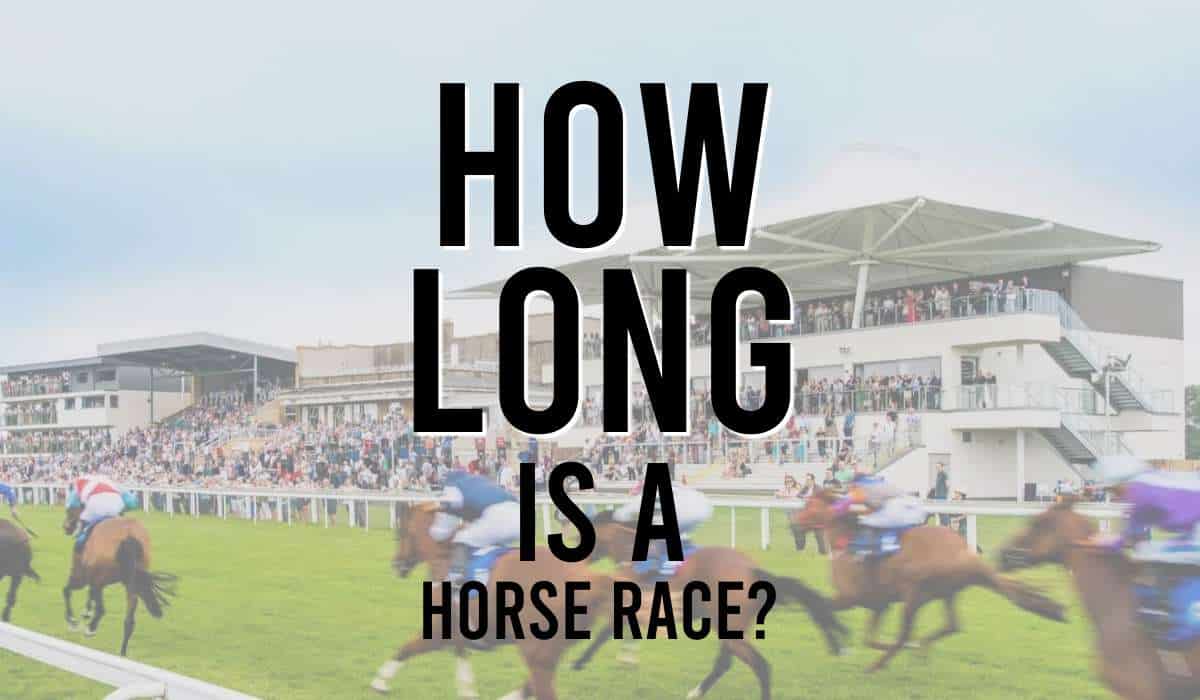
- How to Place a Bet
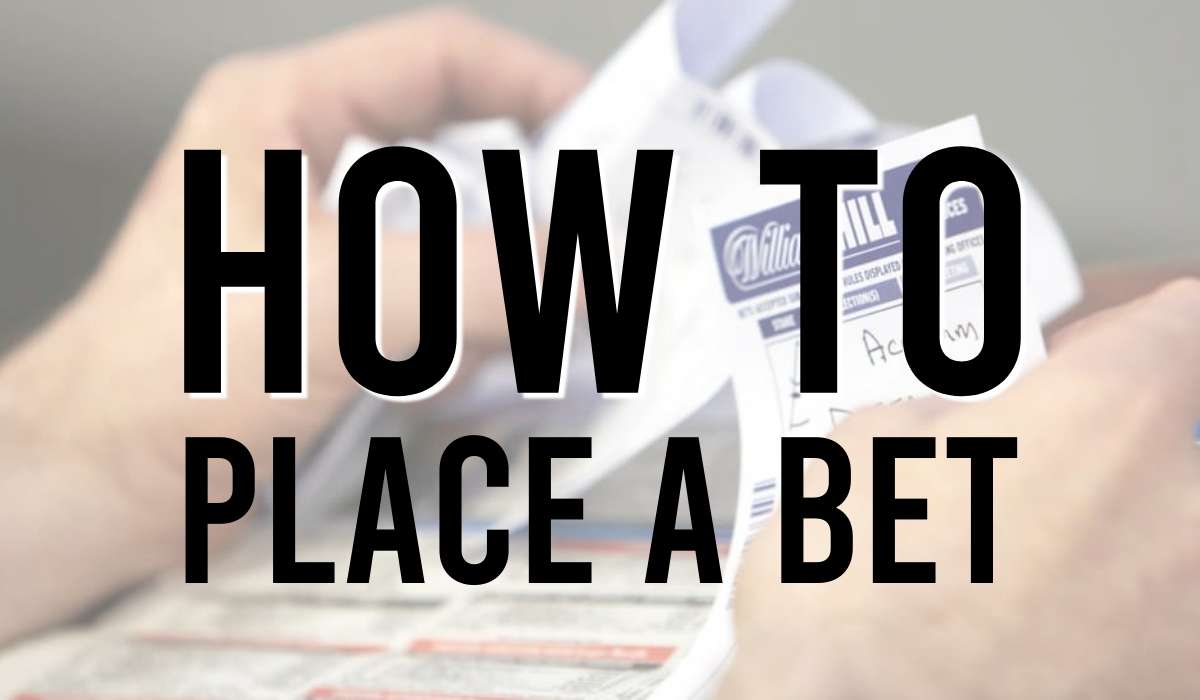
- Is Horse Racing Fixed?
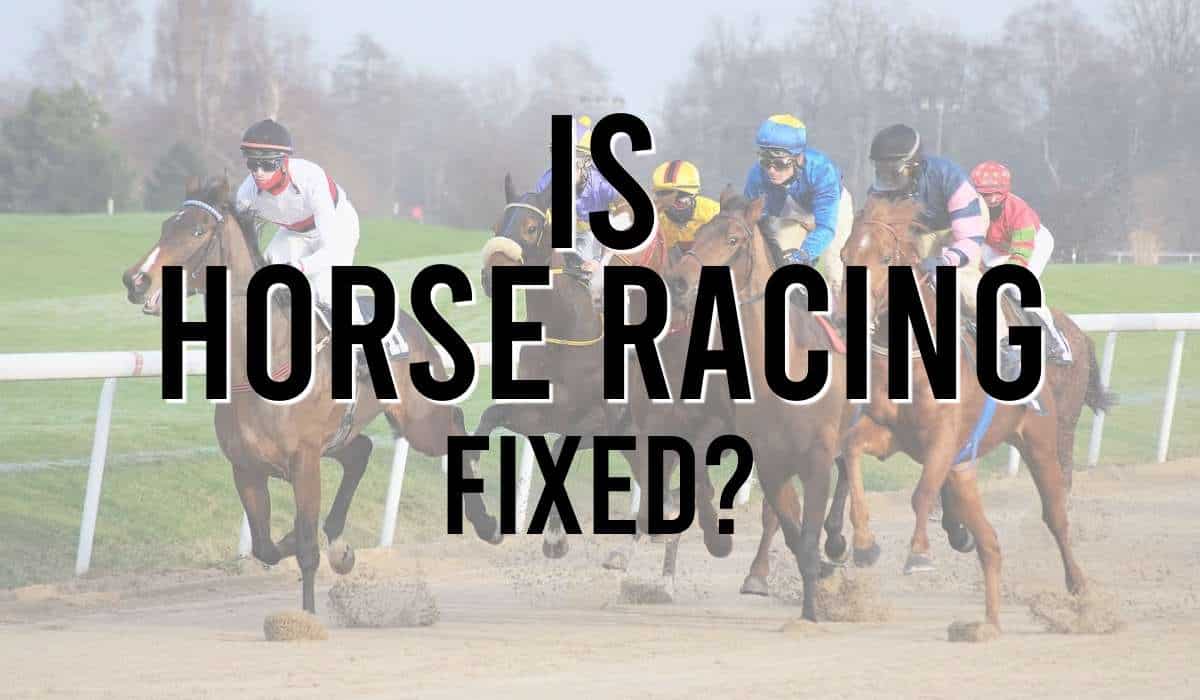
- Rule 4 Deductions
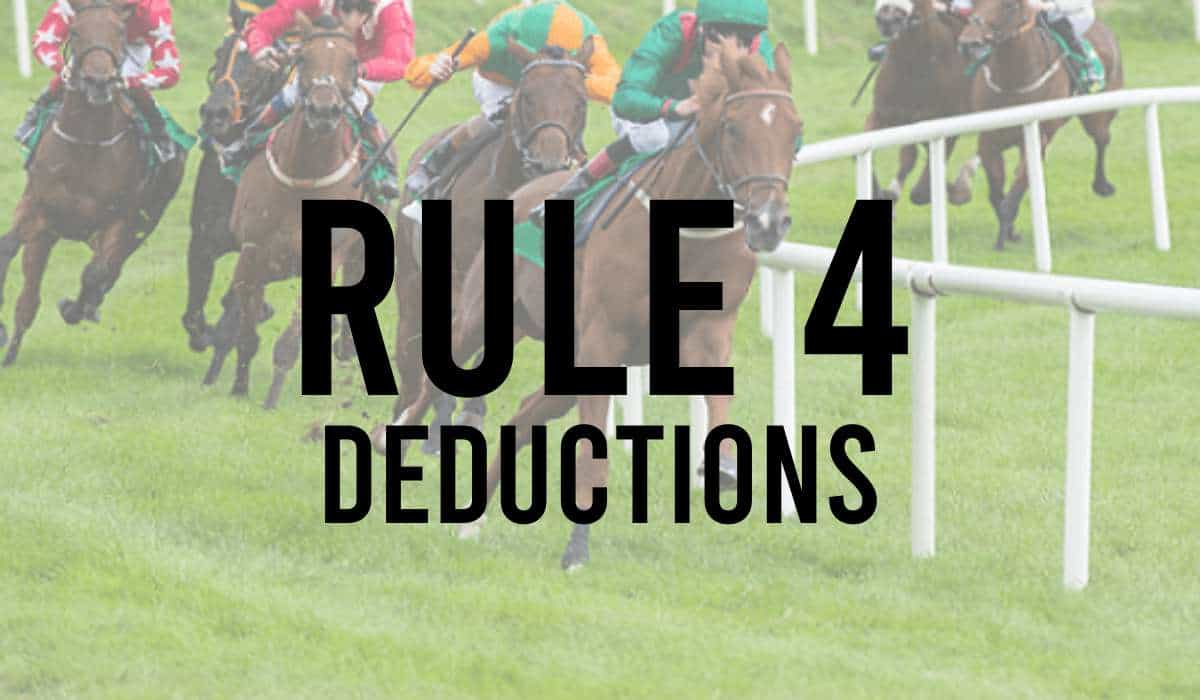
- SCR Horse Racing
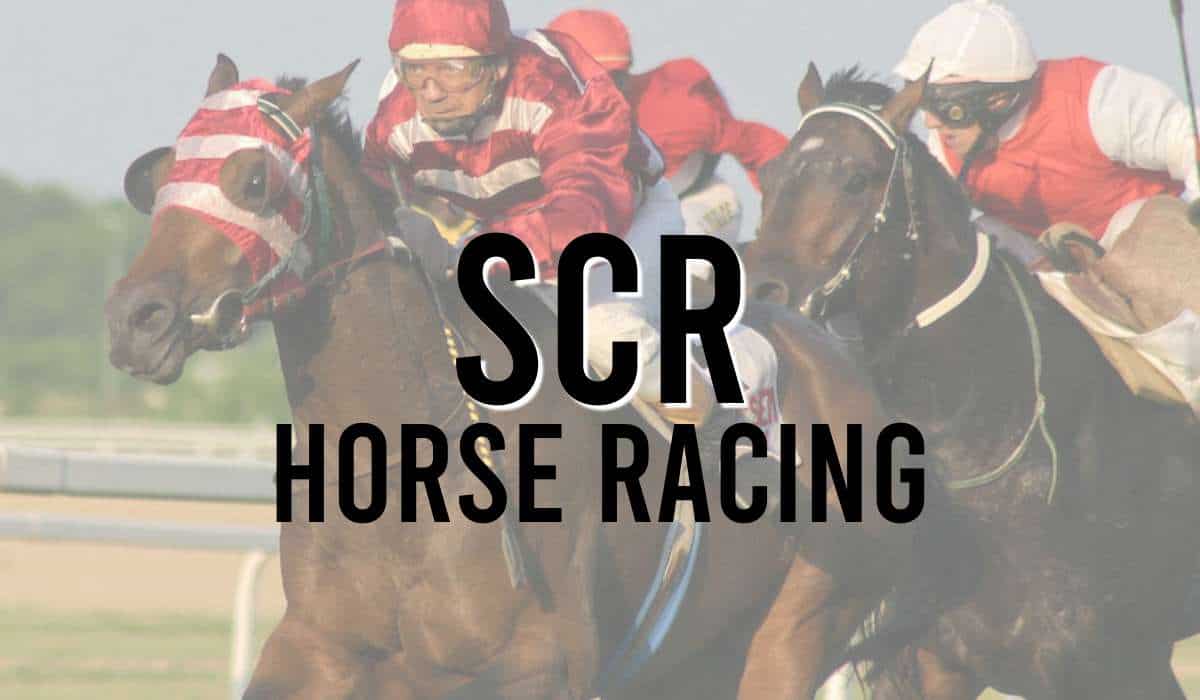
- Top Ten Racecourses in the United Kingdom
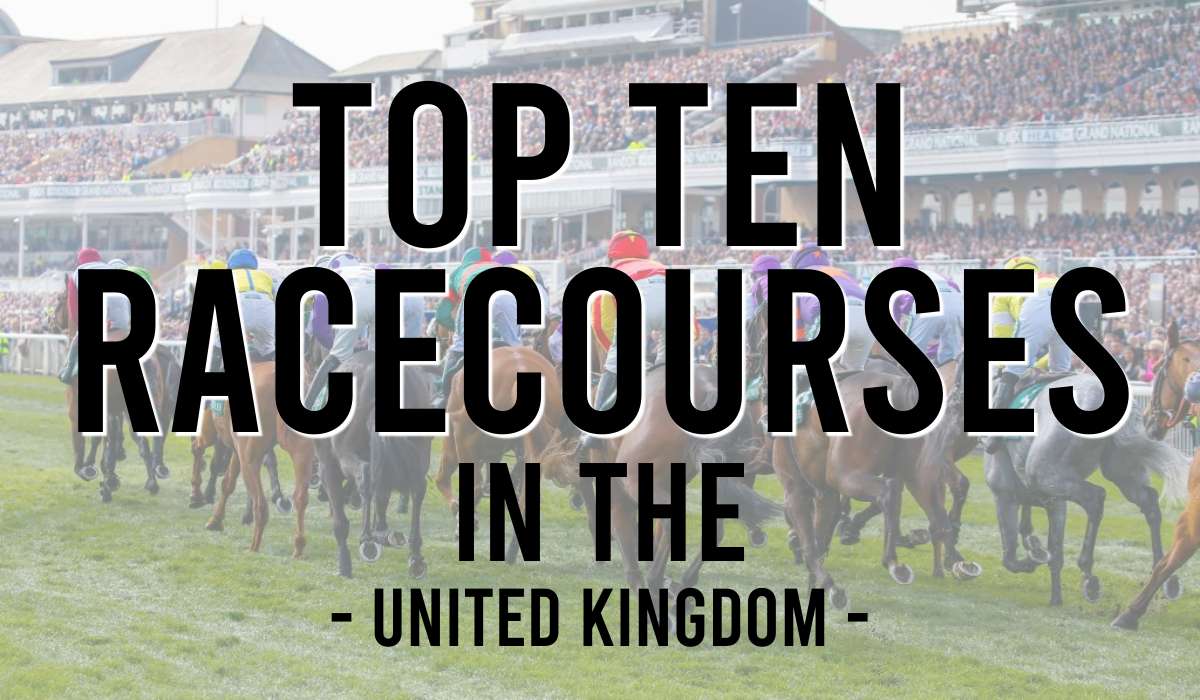
- Type of Horse Races
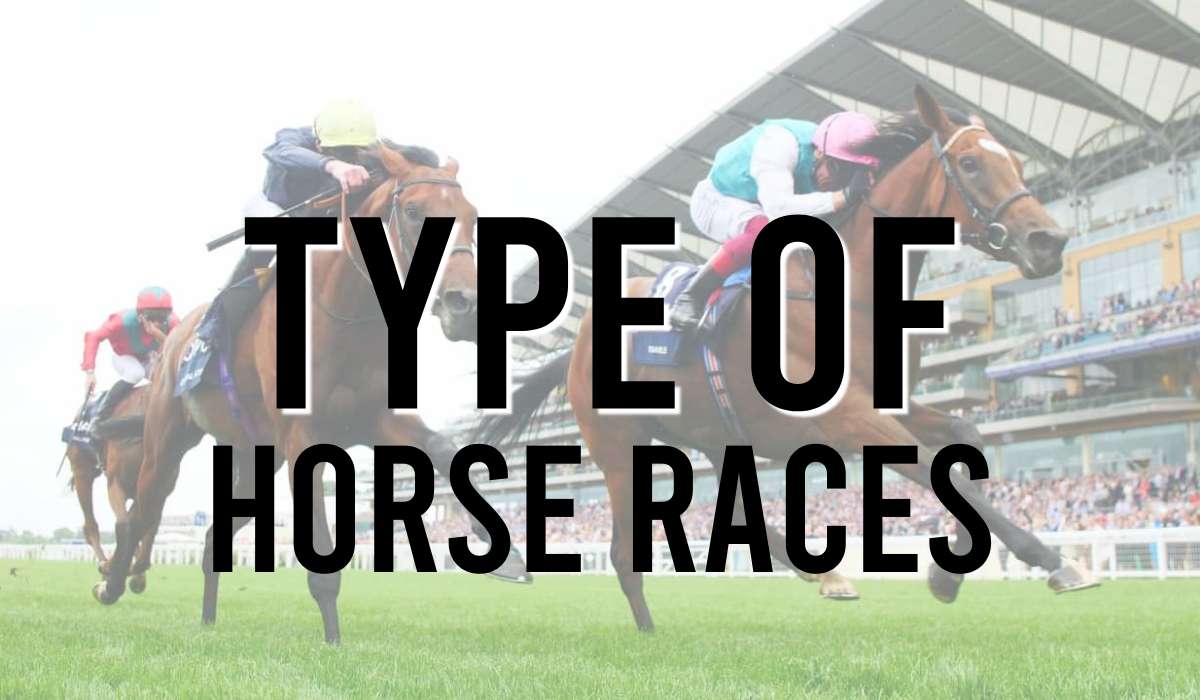
- What is a Handicap Horse Race?
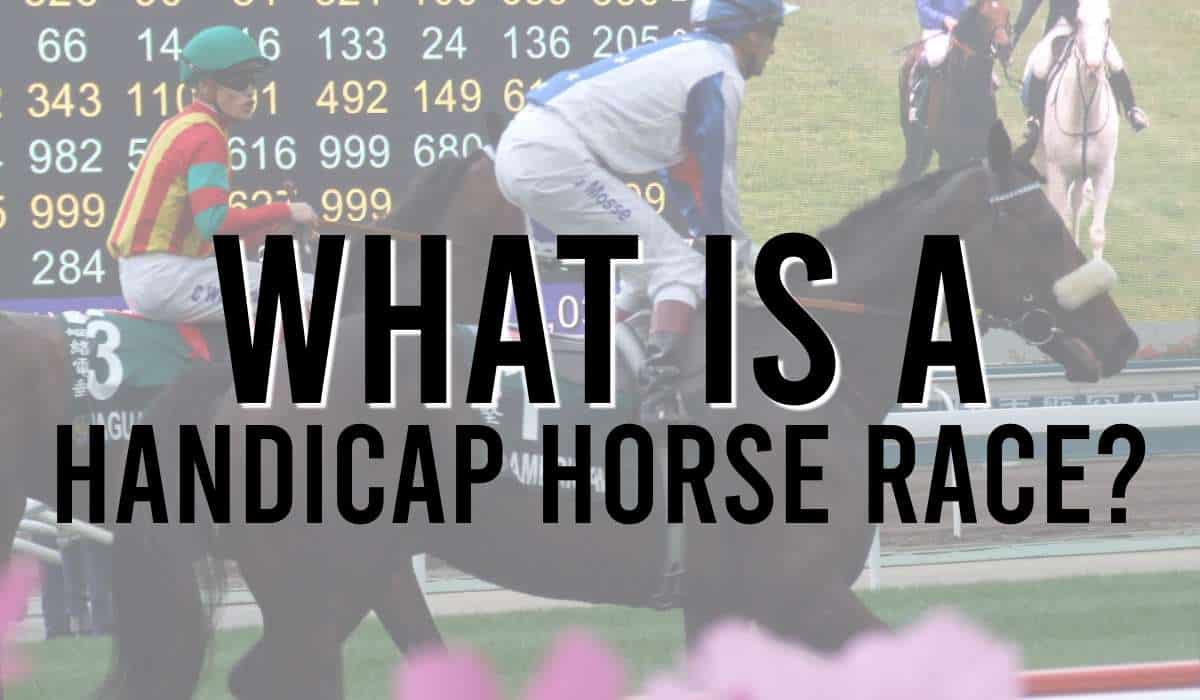
- What Is A Stewards Enquiry In Horse Racing?
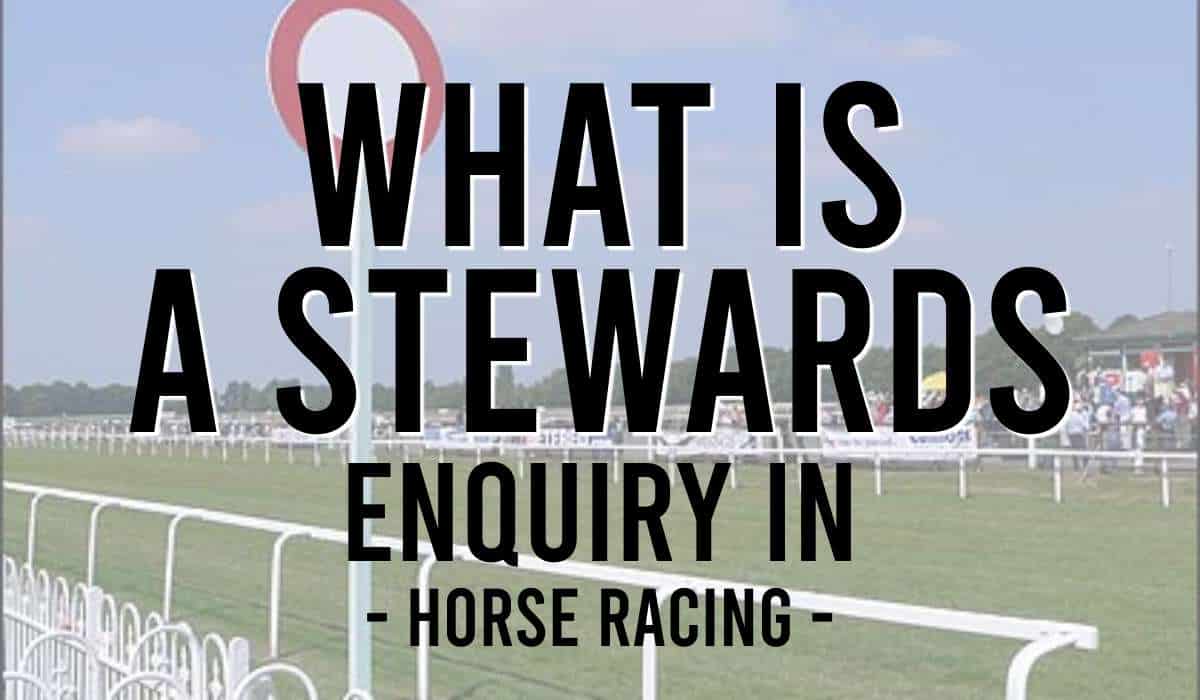
- What is the Best Post Position in Horse Racing?
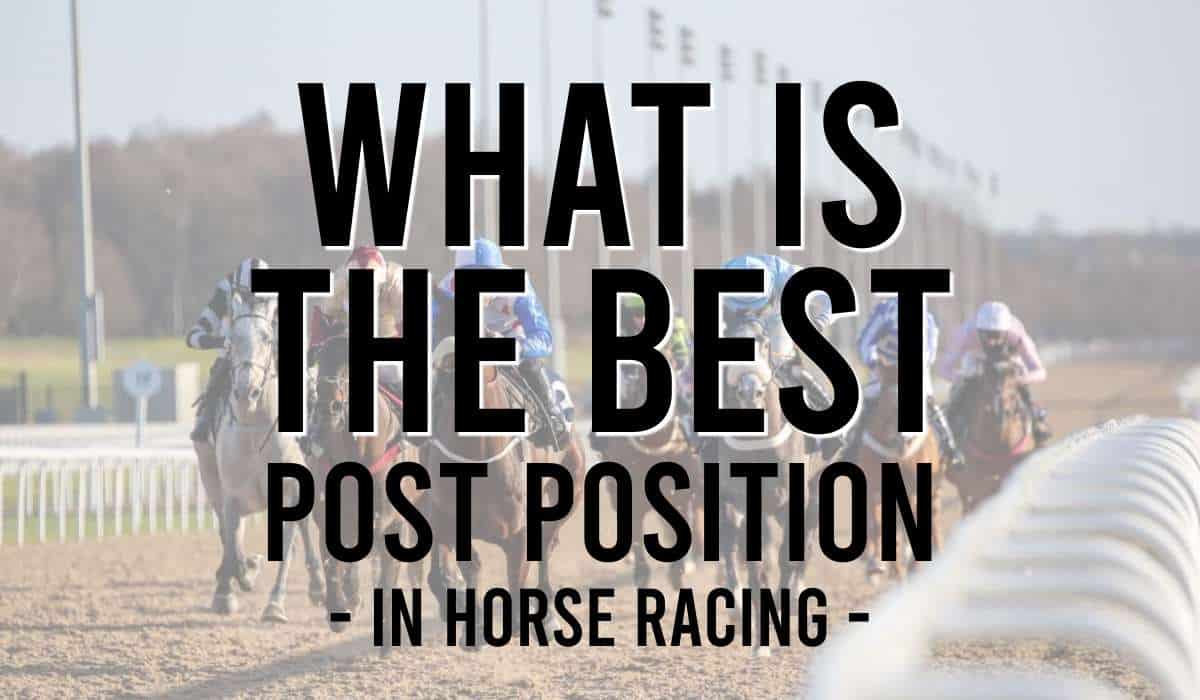
- What To Wear At The Races
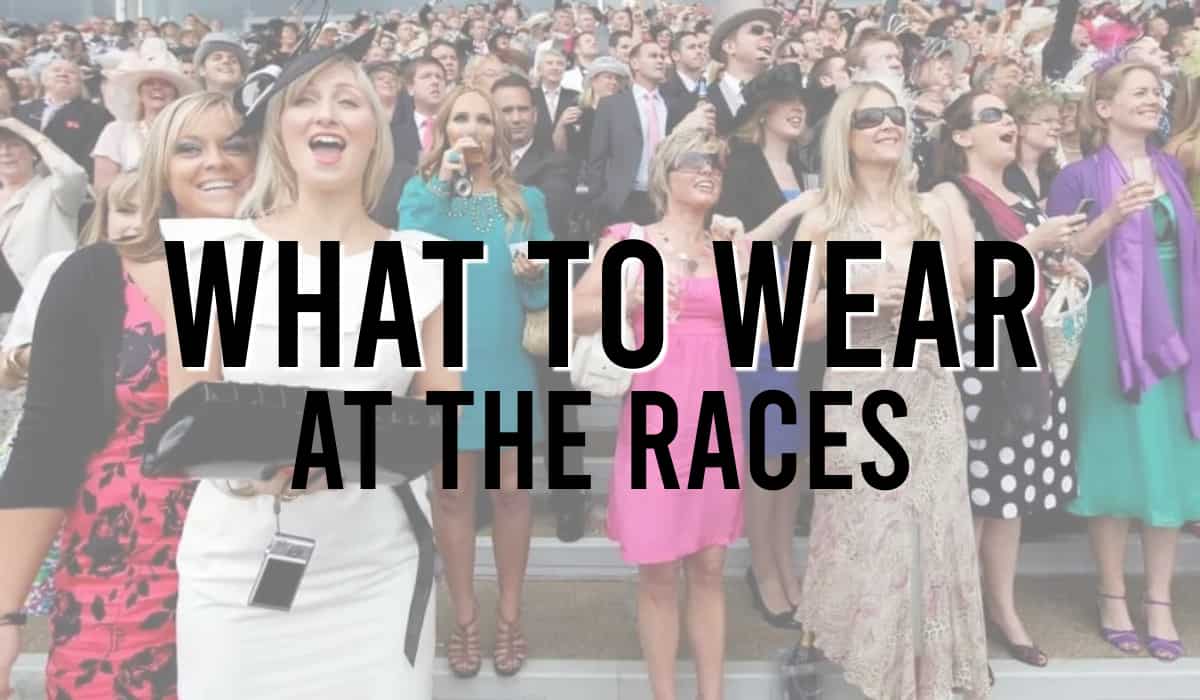
- Winning Distances In Horse Racing
